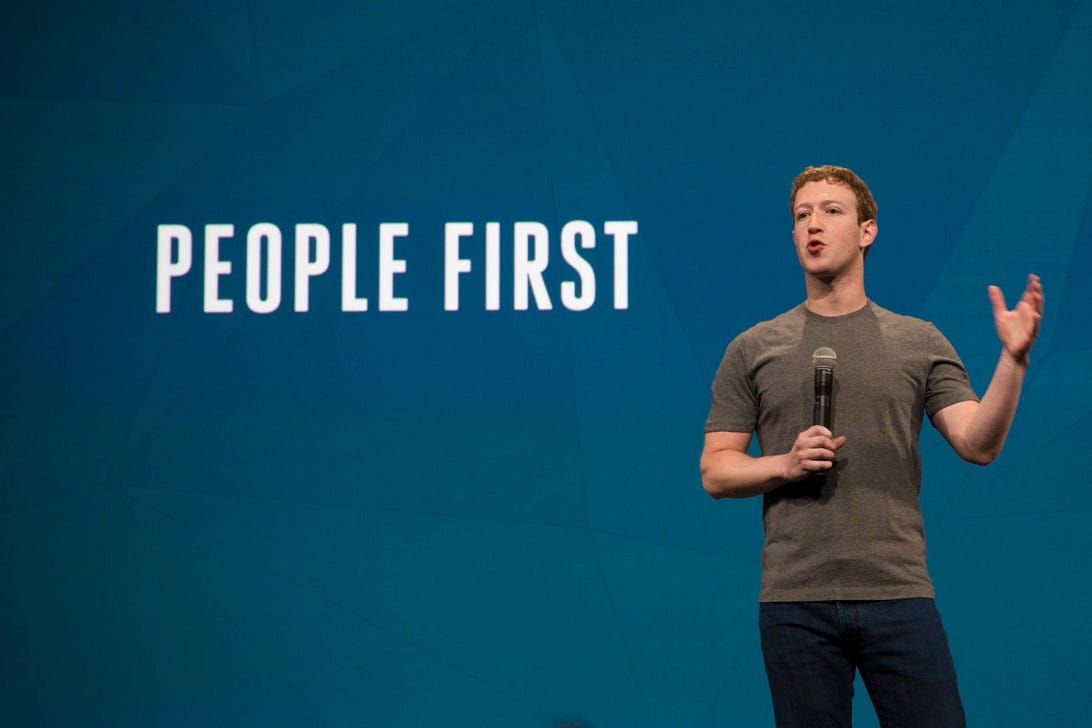By Ian Sherr and Abrar Al-Heeti
Mark Zuckerberg walked into the Senate a tense man. It didn’t take long for him to relax.
The Facebook CEO had been summoned to Washington after The New York Times and The Guardian’s Observer newspaper reported a political consultancy had improperly accessed the personal data of about 87 million Facebook users. The consultancy, Cambridge Analytica, was affiliated with the Trump campaign, and that raised questions about whether the 33-year-old billionaire’s social network had been used to manipulate voters. Worse, Facebook had known about the data leak three years ago but hadn’t bothered to tell anyone.
Any tension Zuckerberg carried, however, disappeared halfway into his five-hour appearance before members of the Senate Judiciary Committee and Senate Commerce Committee. His shoulders — stiff as the hearing began — hung looser. The deer-in-headlights expression that had been frozen on his face melted into occasional smiles. That’s because Zuck, who traded in his t-shirt and jeans for a smart suit, had prepared for far worse.
One senator asked how Facebook made money, a process obvious to anyone who’s used its services. Another asked Zuckerberg whether Twitter was “the same as what you do.”
As the first break in the proceedings approached, Zuckerberg’s confidence was on full display.
“That was pretty good,” he told the chairman and assembled senators to chuckles.
Zuckerberg’s trip from Silicon Valley to the halls of Congress was evidence, as if any were needed, that Washington changes slowly. Plenty of people expected legislators would use the social network’s latest misstep as a reason to slap some laws on the tech industry or at least threaten to. Instead, the Senate showed it still didn’t quite get the internet, a reputation that’s persisted since the late Ted Stevens called it a “series of tubes” more than a decade ago.
A day later, members of the House Energy and Commerce Committee asked smarter questions. But representatives still tripped over partisan politics, with five members using their time to discuss conservative bloggers Diamond and Silk, rather than their constituents’ privacy. And a couple of others expressed concern that Facebook had given preferential treatment to the Trump campaign.
“They made a really good case for not regulating social media very much,” said Betsy Page Sigman, a business professor at Georgetown University.
After all, how can Congress hope to write rules for something it barely understands?
For three decades, Silicon Valley has more or less escaped regulation as the government looked to nurture a new industry. The information age was ushering in jobs up and down the economy. And it wasn’t just about selling nifty gadgets, either. The internet brought another boom, with Google, Netflix and Facebook needing engineers and coders to build search engines, email programs and video streaming used by billions of people.
The spillover created jobs in the rest of the country, too. Demand for all those services meant AT&T and Comcast hired people to run fiber-optic cable into as many homes as they could. Eventually it meant wireless companies would become the new kings of industry, giving life to always-connected devices in our pockets while Best Buy and Apple Stores became cultural icons.
Who wanted to mess with that?

